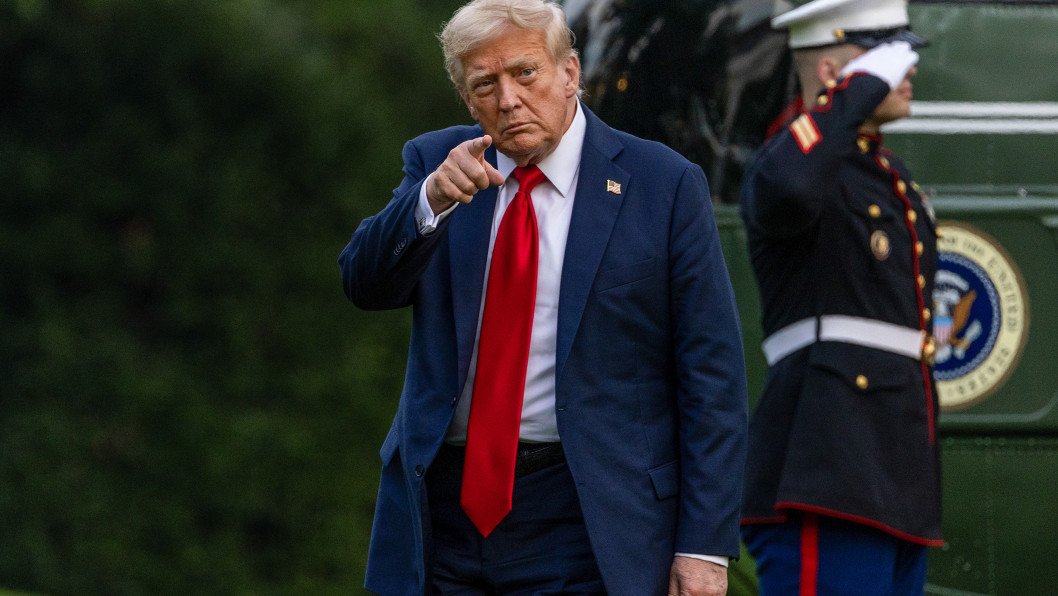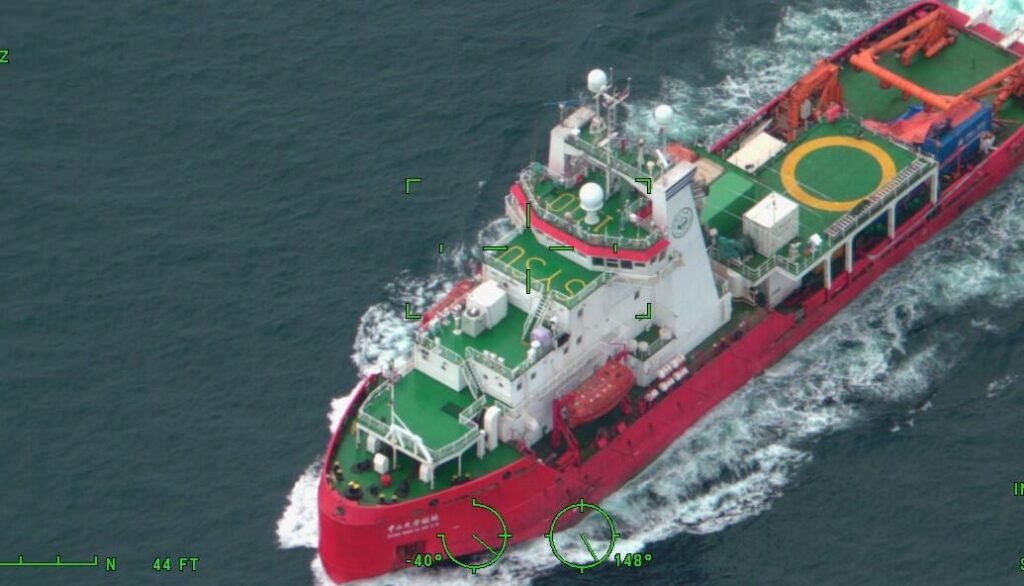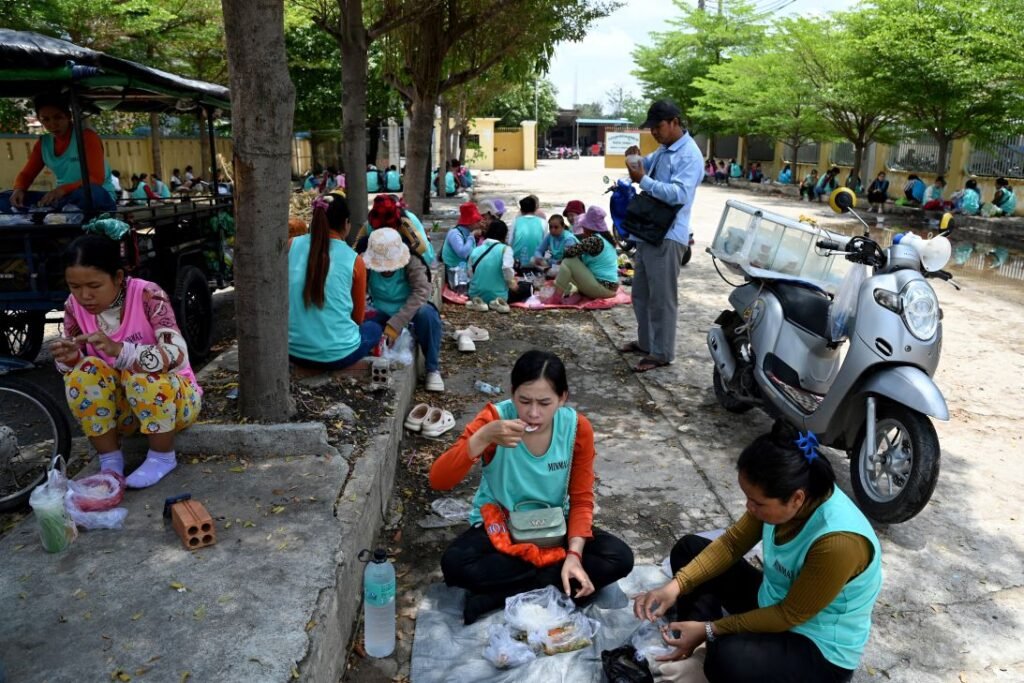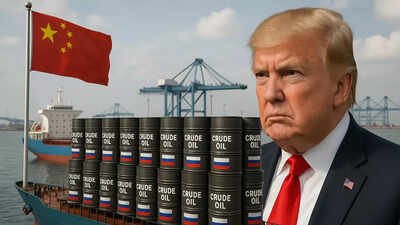China is closely observing President Donald Trump’s efforts to reach a diplomatic resolution to Russian leader Vladimir Putin’s war in Ukraine, US Senator Lindsey Graham said in an interview with NBC’s Kristen Welker broadcast on Sunday.
According to Politico on August 10, Graham emphasized that the talks must ensure Russia cannot repeat its 2022 invasion.
Trump is scheduled to meet Putin in Alaska this Friday, marking the first visit by Russia’s president to the United States in about a decade.
The meeting follows a ceasefire proposal delivered by Putin to special envoy Steve Witkoff last week, and Trump’s statement on Friday that “there’ll be some swapping of territories to the betterment of both” sides in peace negotiations.
Ukrainian President Volodymyr Zelenskyy on Saturday rejected the possibility of ceding territory in exchange for ending hostilities. Graham said he hopes “Zelenskyy can be part of the process” and outlined key conditions for a viable agreement.

“What would a good deal look like? Making sure that 2022 doesn’t happen again,” Graham said, referring to the start of the current war. “On Biden’s watch and Obama’s watch, Russia invades. The goal for me, and I think President Trump, is to end it forever. Now, what would that look like? You’ll have some land swaps, but only after you have security guarantees to Ukraine to prevent Russia from doing this again.”
Graham also noted that China, a major purchaser of Russian oil, remains a factor in the broader geopolitical landscape. His comments came days after the White House announced an increase in tariffs on India to 50 percent for its imports of Russian oil.
“I am here to tell you that President Trump will end this war in a way to prevent a third invasion,” Graham said. “We’re not out to humiliate Putin, we’re out to get a deal to make sure there’s no third invasion.”
Earlier, on August 6, President Donald Trump signed an executive order raising tariffs on India to 50% over its continued imports of Russian oil, following an earlier 25% increase. The next day, he told reporters that similar measures “could” target China, as part of broader secondary sanctions aimed at pressuring Russia to end its war in Ukraine.







